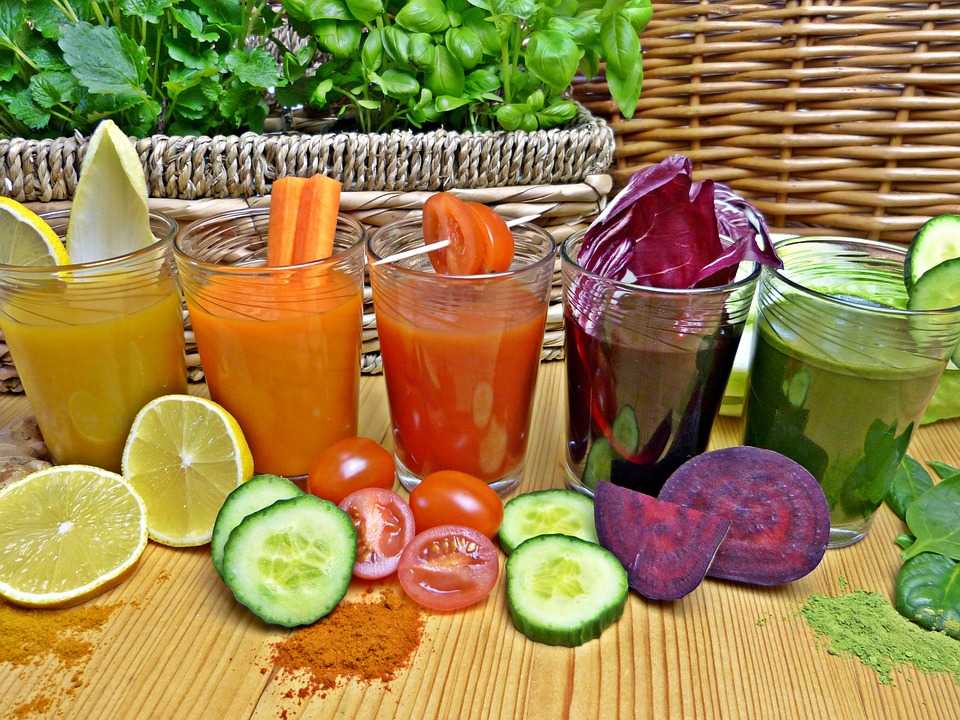Ways To Improve Gut Health And Digestion
“The gut is a major hormone secreting organ and the hormonal effects of the gut secretions are very essential for the normal functioning of the body”
The Digestive System
The main function of the digestive system is to receive the food, break down the food mechanically and chemically with subsequent absorption of the essential nutrients, followed by excretion of the unwanted substances. Thus, the amazing digestive system is one of the most important organ systems of our body. It consists of the digestive tract including the oropharynx, the oesophagus or the food pipe, the stomach, the small intestine comprising of the duodenum, jejunum and ileum, the large intestine – the colon and the rectum with the anal canal in addition to the ancillary organs including the liver, gall bladder, pancreas and the spleen.
The Composition Of The Gut
In addition to the digestive process, the gut also acts as an immunomodulatory system at three levels. It is a microbiological environment in itself, with plenty of good bacteria, especially in the colon which not only aids in digestion but also has a protective function.
At another level, the gut is also involved in a major protective function associated with the immunologically active lymphoid tissue present throughout the intestinal mucosa, mainly the small intestine which releases IgA – a secretory immunoglobulin. The epithelial layer of the mucosa lining the gut also acts as a barrier – an initial defence layer against toxins which we may ingest.
The gut is also a major hormone secreting organ and the hormonal effects of the gut secretions are very essential for the normal functioning of the body. Some of these hormones primarily play a role in the digestive process while some hormones including insulin, leptin etc. are metabolically important for control of satiety linking it to diabetes and obesity.
Unhealthy Gut Equals An Unhealthy Body
Our digestive tract is also strongly linked with the nervous system and various neuropeptides including opioids which play a role at the gut level, along with having an influence on our mood and neurological systems. Diseases including irritable bowel syndrome (lBS) have significant neurodigestive symptoms.
Our highly skilled and developed digestive system faces challenges every single day, trying to metabolise intake for a smooth functioning of the body and we rarely think twice before loading it. However, an unhealthy gut is an unhealthy body and we are what we eat.
Over a period of time, with changing dietary patterns, from raw food to semi cooked food to extensively refined foods, our digestive tract has kept pace with these dietary preferences and evolved itself. But are we really looking after our gut? Are we doing the right things and are we eating the right way?
With so many varied functions of the gut, researchers have lately been focusing on the health of the gut, as a primary tool to improve health and functioning of the entire human body.
Tips To Improve Gut Health
Increase Probiotic Intake
Probiotics refer to live good bacteria which confer health benefits, when present in adequate amounts and which aid in proper digestion. Our good old natural dahi, curd, yogurt in any form still remains the simplest and the best probiotic. Indian diets have yogurt as an essential component since centuries and its beneficial effects have always been known.
The commercially available preparations are also fortified with additional probiotic elements. Probiotic supplements may not always be necessary, but are extremely beneficial for people suffering from lBS and chronic bowel inflammatory disorders.
Include Prebiotics In Your Diet
The concept of prebiotics is a newer strategy to improve the health of the gut. Prebiotics are substances which improve the growth of the good bacteria in the digestive tract. Most non digestible fibres and their compounds are considered as prebiotics. Other prebiotics include whole grains and cereals.
Increase Fibre Content In Your Diet
A good intake of fibre in the diet aids gut health in many beneficial ways. Raw vegetables in salads, green leafy vegetables, oats and whole grains, all provide a significant load of fibre, resulting in normal bowel movements. These foods also reduce bowel inflammation and help induce a sense of satiety. The even help prevent weight gain and obesity.
Avoid The Intake Of Trans Fats
Avoiding the consumption of trans fats leads to reducing the inflammatory gut wall responses and also reduces the development of a fatty liver in the long run. Unhealthy trans fats lead to premature atherosclerosis and subsequent cardiovascular, cerebrovascular diseases.
Avoid Excess Sugar Intake
This leads to worsening the glycaemic load in the gut and subsequent deleterious effects on the metabolism. Thus, reducing the intake of refined food, promotes better digestion.
Health Tip
The gut is now known as the second brain and an active lifestyle is important for keeping the digestive system functioning well. Regular physical activity promotes digestion, reduces stasis of food, improves the hormonal equilibrium of the body and leads to a healthy gut. These few simple measures of eating healthy, being active and feeling healthy are all that is required to have a healthy digestive system and to maintain a fit body.
